Article: Golf Equipment FAQ: Beginner's Buying Guide
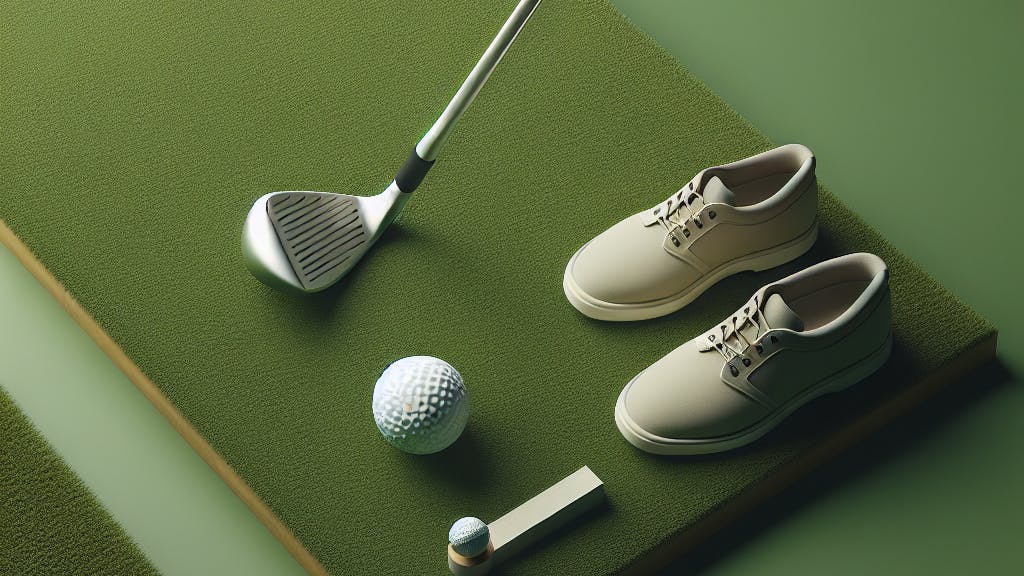
Golf Equipment FAQ: Beginner's Buying Guide
Starting golf? Here's what you need:
- Clubs: Basic set (driver, fairway wood, 6-9 irons, wedges, putter)
- Balls: Forgiving, two-piece balls
- Shoes: Soft spike golf shoes
- Bag: Lightweight stand bag
Quick cost breakdown:
| Item | Estimated Cost |
|---|---|
| Basic club set | $200 - $500 |
| Golf balls (dozen) | $20 - $30 |
| Golf shoes | $50 - $100 |
| Golf bag | $50 - $150 |
Tips:
- Don't overspend as a beginner
- Choose forgiving clubs with large sweet spots
- Get fitted for clubs
- Pack tees, ball markers, and a glove
You don't need pro gear to enjoy golf. Start with basics that help you learn and have fun.
Related video from YouTube
Basic Golf Clubs for New Players
Let's break down what clubs you need and why.
What Clubs Do Beginners Need?
A basic set includes:
- Driver
- Fairway wood
- Hybrid
- Irons (6-9)
- Pitching wedge
- Sand wedge
- Putter
This mix covers various situations without overwhelming you.
Types of Golf Clubs
Each club has a purpose:
| Club Type | Purpose | When to Use |
|---|---|---|
| Driver | Long-distance tee shots | Par 4s and 5s |
| Fairway Woods | Long shots from fairway | For accuracy and distance |
| Hybrids | Versatile for different lies | Replaces long irons |
| Irons | Approach shots to green | Various distances |
| Wedges | Short, high shots | Around green, bunkers |
| Putter | Rolling ball on green | Final strokes to hole |
Suggested Starter Club Set
A complete set is often best for beginners. It's cost-effective and ensures clubs work well together.
Top options:
1. Cobra Fly XL Complete Set
- Includes: 10.5º driver, 15º fairway wood, 6-iron to sand wedge
- Price: Around $400
- Why it's good: Forgiving, good build quality
2. Callaway Edge Set
- Features: 460cc driver, fairway wood, hybrid, irons, putter
- Price: About $500
- Why it's good: Great feel and distance for beginners
Will Shaw, Golf Insider, says: "The Cobra Fly XL set gives you all you need, well-crafted to help you learn."
As a beginner, focus on clubs that are:
- Forgiving (large sweet spot)
- Easy to hit
- Suited for slower swing speeds
Start with a basic set and add more as you improve.
Picking the Right Golf Balls
The right golf balls can make a big difference. Here's what to consider:
What to Look for in Golf Balls
Golf balls come in different constructions:
- Two-piece balls: Best for beginners. Solid core, tough outer cover.
- Three-piece balls: More performance, pricier.
- Multi-layer balls: For pros with high swing speeds.
Two-piece balls fly straighter, spin less, and are more durable and affordable.
Golf Ball Types and Hardness
Balls vary in hardness:
| Ball Type | Characteristics | Best For |
|---|---|---|
| Soft | Low compression, forgiving | Slower swing speeds (under 100 MPH) |
| Hard | High compression, less forgiving | Faster swing speeds (100 MPH+) |
About 80% of golfers use soft golf balls. They're easier to hit and provide better feel.
Best Golf Balls for Beginners
Top picks:
- Two-piece construction
- Soft feel
- Straight flight
- Two-piece construction
- Designed for distance
- Durable cover
- Low compression
- Soft feel
- Affordable
These balls offer good performance and value for beginners.
"The firm cover and high compression yields a ball with high velocity, high launch angle, low spin and firm feel. However, golfers are sacrificing the attributes of spin and feel." - John Calabria, TaylorMade VP of R&D
Golf Bags and Must-Have Items
Let's look at bag options and essentials for the course.
Choosing a Golf Bag
Three main types:
| Bag Type | Best For | Features |
|---|---|---|
| Stand Bags | Walking the course | Lightweight, retractable legs |
| Cart Bags | Using a golf cart | Larger, more storage |
| Sunday Bags | Carrying fewer clubs | Ultra-lightweight, minimal storage |
For beginners, a stand bag is often best. It's light and has enough storage for essentials.
Key Accessories for New Golfers
Pack these items:
- At least 20 tees
- Ball markers
- Divot repair tool
- Golf towel
- Golf glove
- Sunscreen
- Water bottle
- Snacks
- First-aid kit
Don't forget a golf club brush (about $12) to keep clubs clean.
How to Pack Your Golf Bag
Organize efficiently:
1. Arrange clubs: Longer clubs at top, shorter at bottom.
2. Use pockets wisely:
- Small pocket for tees and markers
- Side pockets for clothes or rain gear
- Bottom front pocket for balls
- Valuables pocket for phone and wallet
3. Keep it light: Pack only what you need.
"Keep at least 20 tees in your bag. Brightly colored tees are easier to find if they fly away after the shot."
Golf Shoes and Clothing
Golf shoes and clothing affect your comfort and performance.
Are Golf Shoes Necessary for Beginners?
Golf shoes can make a big difference:
- Better grip during swings
- Keep feet dry and comfortable
- Often required by courses
Soft spike golf shoes are a smart choice for beginners.
"Soft spike golf shoes are a good investment if you are just starting in golf. These golf shoes have a lot of cleats on the bottom to help you grip the ground when you are making your swing." - Nekbakht Mubarak, Author
If not ready for golf shoes, sturdy athletic sneakers can work temporarily. Check course rules first.
What to Wear for Golf
Quick dress code guide:
| Item | Men | Women |
|---|---|---|
| Tops | Collared polo or golf shirt | Collared polo, golf shirt, or golf dress |
| Bottoms | Tailored pants or shorts | Tailored pants, shorts, skirts, or skorts |
| Shoes | Golf shoes or clean athletic shoes | Golf shoes or clean athletic shoes |
| Accessories | Belt, hat or visor | Belt, hat or visor |
Avoid: Denim, T-shirts, tank tops, sports jerseys, tracksuits
Always check the specific course's dress code.
Good Golf Clothes on a Budget
Tips for affordable golf attire:
- Look for sales at golf stores
- Check budget-friendly brands like Walter Hagen or Ben Hogan
- Consider second-hand stores
- Invest in versatile pieces
Choose breathable fabrics that allow easy movement. Polyester blends with spandex work well.
For shoes, the Nike Roshe G (around $80) offers good value for beginners.
sbb-itb-ea6abd0
Golf Club Features Explained
Understanding key features helps you choose the right equipment.
What is Club Loft?
Loft is the clubface angle that impacts ball trajectory and distance.
| Club Type | Typical Loft Range |
|---|---|
| Driver | 9° - 12.5° |
| 3-Wood | 15° |
| 7-Iron | 34° |
| Pitching Wedge | 46° |
For beginners, higher lofted clubs are easier to hit. A driver with 10.5° to 12° loft is a good start.
Understanding Shaft Flex
Shaft flex affects how the club bends during your swing.
| Flex Type | Swing Speed | Driver Distance |
|---|---|---|
| Ladies | Slow | Under 180 yards |
| Regular | Average | Over 200 yards |
| Stiff | Fast | Over 230 yards |
Most golfers use Regular flex. To find your fit, hit 10 drives and calculate your average speed.
Finding the Right Club Length
Club length impacts your stance and swing.
| Height Range | Suggested Adjustment |
|---|---|
| Under 5'6" | -1 inch |
| 5'6" - 5'11" | Standard |
| 6'0" - 6'3" | +0.5 inches |
| Over 6'3" | +1 inch |
For a precise fit, get a professional club fitting.
Budgeting for Golf Gear
Golf can be expensive, but smart planning helps.
How Much Does Golf Gear Cost?
A breakdown of what you might pay:
| Item | Budget Option | Mid-Range | High-End |
|---|---|---|---|
| 9-piece club set | $200 | $700-$1000 | $1000+ |
| Driver | $50 | $350 | $600-$800 |
| Individual club | $100 | $200 | $300+ |
A beginner can start with a basic set for around $300.
Finding Deals on Golf Equipment
To save money:
- Look for end-of-season sales
- Check online marketplaces for used clubs
- Consider last year's models
- Use programs like UTry® to test before buying
New vs. Used Golf Equipment
A quick comparison:
| New Clubs | Used Clubs |
|---|---|
| Latest technology | More affordable |
| Warranty included | Can find good deals on recent models |
| Customization options | May need regripping |
| Higher cost | Possible wear and tear |
For beginners, used clubs can be smart. As Michael Leonard, a golf writer, notes:
"If you do buy used golf clubs, make sure to check the specifications when you get them (loft, lie angle, etc.). It's also a good idea to regrip them so you have matching grips within your set."
Avoid old wedges and clubs more than five years old.
Common Buying Mistakes
Avoid these errors when purchasing equipment:
Buying Too Much Too Soon
Don't buy a full set of expensive clubs right away. As golf instructor Mike Sullivan advises:
"Start with a half set of clubs - a driver, 5-iron, 7-iron, 9-iron, sand wedge, and putter. This allows you to learn the fundamentals without being overwhelmed by options."
Getting the Wrong Fit
Ill-fitted clubs can harm your game. Common fitting mistakes:
| Mistake | Impact |
|---|---|
| Clubs too long/short | Poor posture, inconsistent contact |
| Incorrect shaft flex | Reduced distance, accuracy issues |
| Wrong lie angle | Off-center hits, directional problems |
Get fitted by a professional to avoid these issues.
Skipping Important Items
Don't overlook essential gear:
- Golf gloves for better grip
- Tees and ball markers
- A sturdy golf bag
These items improve your experience and help you follow proper etiquette.
Common Questions
When to Replace Golf Equipment
A quick guide on when to consider replacing your gear:
| Equipment | Lifespan | Signs to Replace |
|---|---|---|
| Drivers | 3-5 years | Declining performance, excessive spin |
| Irons | Up to 10 years | Visible wear, performance issues |
| Wedges | 150 rounds | Reduced spin, bounce problems |
| Putters | 15-20+ years | Personal preference |
Andrew Tursky, a golf equipment expert, suggests:
"If your buddy recently bought a new driver and has all the sudden started outdriving you, maybe ask to try his driver next time you're at the range together."
Can I Share Golf Clubs?
Sharing clubs can be tricky:
- During regular play: Not allowed, can result in penalties
- In foursomes and fourballs: Can share, total must not exceed 14 clubs
- Practice: Can use others' clubs for practice swings without penalty
Ensure shared clubs fit your height and swing style.
Do Beginners Need Custom Clubs?
Fitted clubs can benefit beginners:
- Prevent bad habits from ill-fitted clubs
- Improve comfort and performance
- Enhance enjoyment of the game
Stitch Golf states:
"Taking any off-the-rack club puts you at risk of developing bad habits that will be hard to break down the road."
A basic fitting at a local golf store can be a good start.
Wrap-Up
Starting golf doesn't have to be overwhelming or expensive.
Start simple, grow gradually
Begin with a basic set:
- Driver
- Fairway wood
- 6-iron and 8-iron
- Pitching wedge and sand wedge
- Putter
Add more clubs as your skills improve.
Budget-friendly options
New golfers can start without spending a fortune:
| Item | Estimated Cost |
|---|---|
| Basic club set | $250 - $350 |
| Titanium driver | $75+ |
| Golf balls (dozen) | $20 - $30 |
| Golf shoes | $50 - $100 |
Try before you buy
Test different clubs at a local golf store or driving range.
Focus on fundamentals
Invest time in learning proper technique. One-on-one coaching can be more valuable than expensive equipment.
Don't forget the essentials
Pack your golf bag with:
- Golf balls (at least 9)
- Tees
- Ball marker
- Glove
- Towel
- Sunscreen
- Water
These items ensure you're prepared for a day on the course.
FAQs
What's the difference between regular shoes and golf shoes?
Golf shoes offer key advantages:
- Traction: Specialized soles with spikes or patterns for grip
- Rigidity: Stiffer for better support during swings
- Waterproofing: Often water-resistant or waterproof
How to pick a golf club for beginners?
Tips for choosing the right golf clubs:
- Start simple: Begin with a basic set (driver, fairway wood, few irons, wedge, putter)
- Avoid top-of-the-range clubs: High-end clubs can be harder for beginners
- Consider shaft flex: Most beginners benefit from more flexible shafts
- Pay attention to grip: Try different sizes for comfort and control
- Opt for a shorter driver: Can help improve accuracy and control
- Test before buying: Try out different clubs to see what feels comfortable
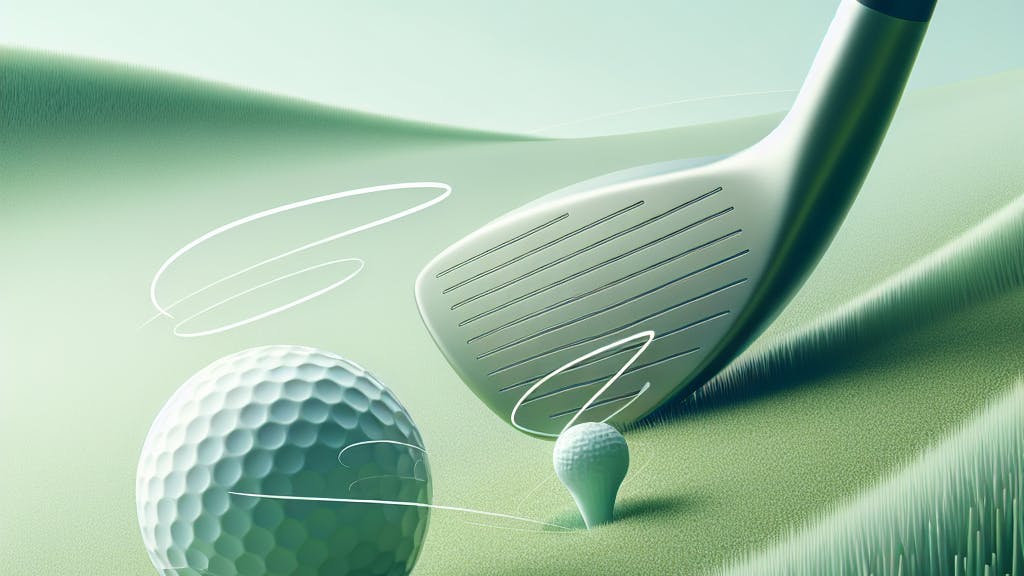
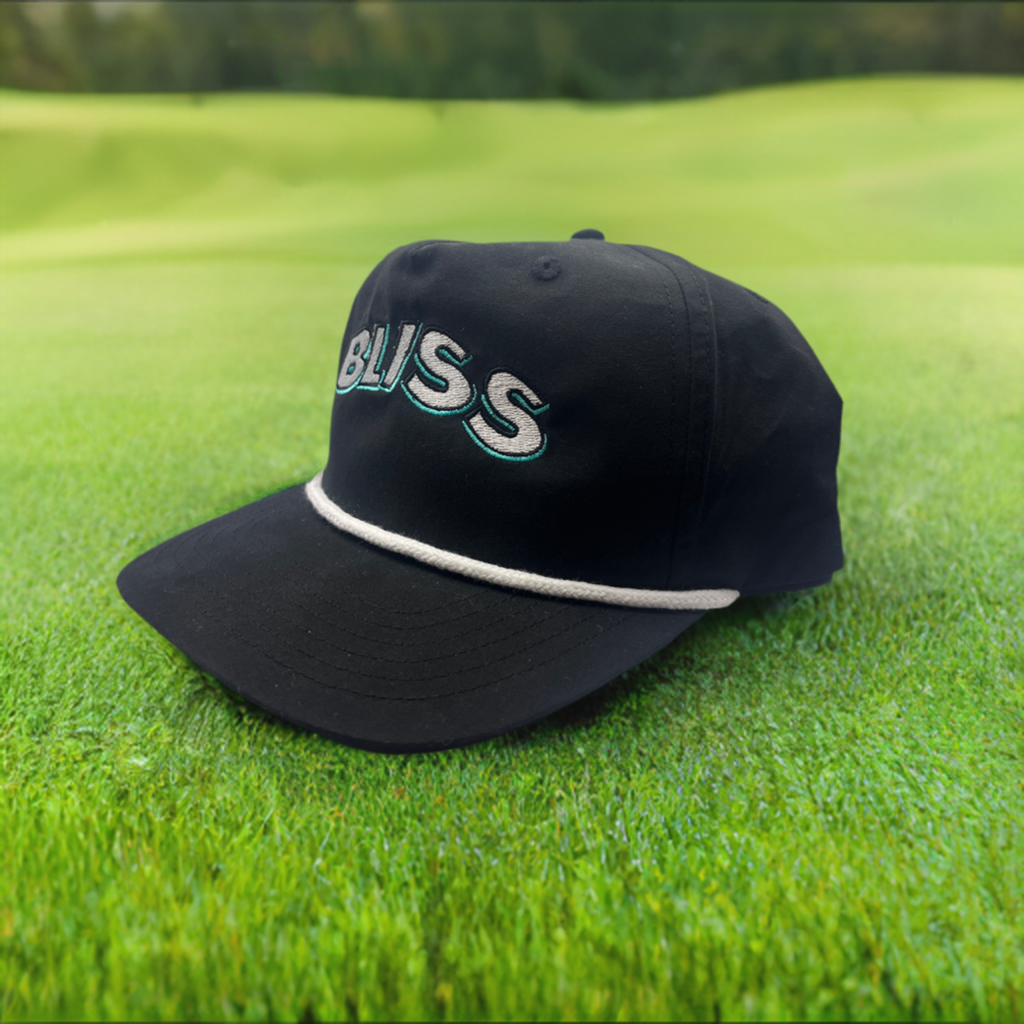
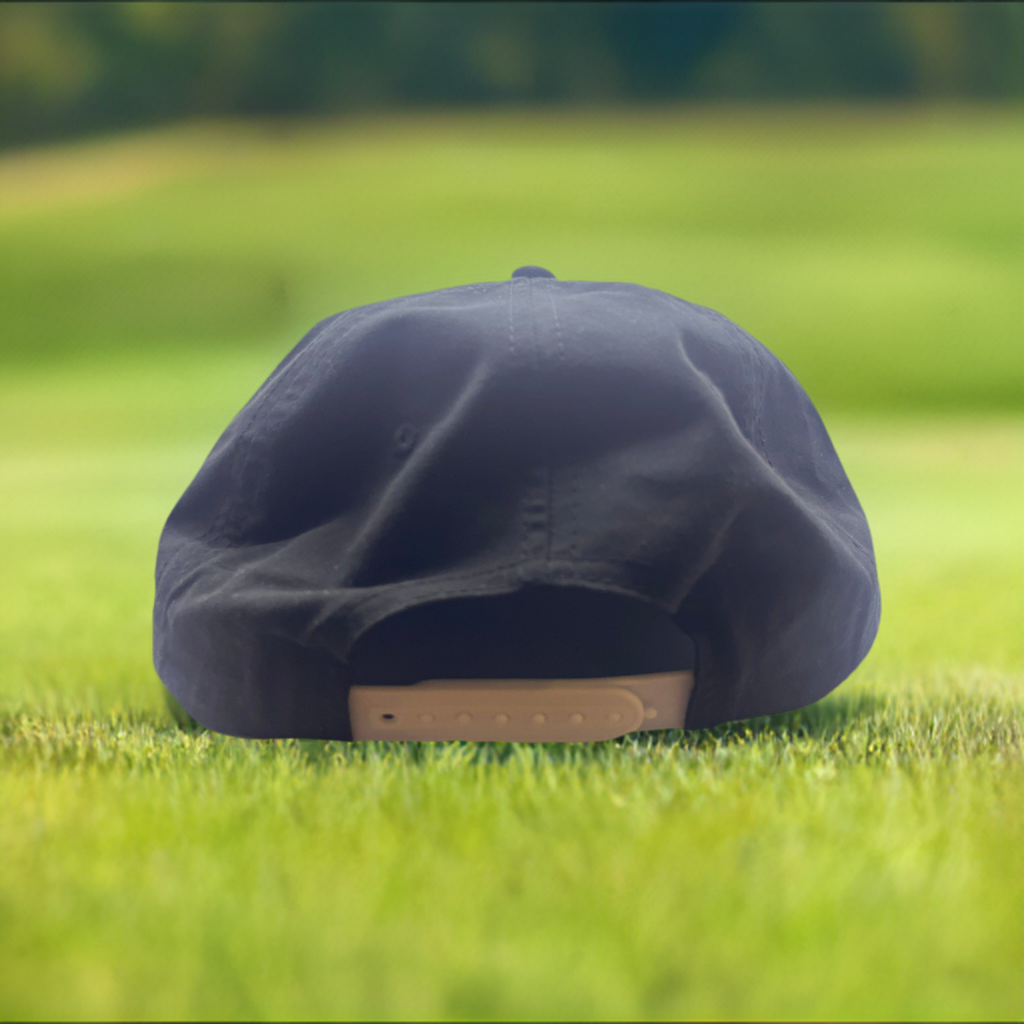
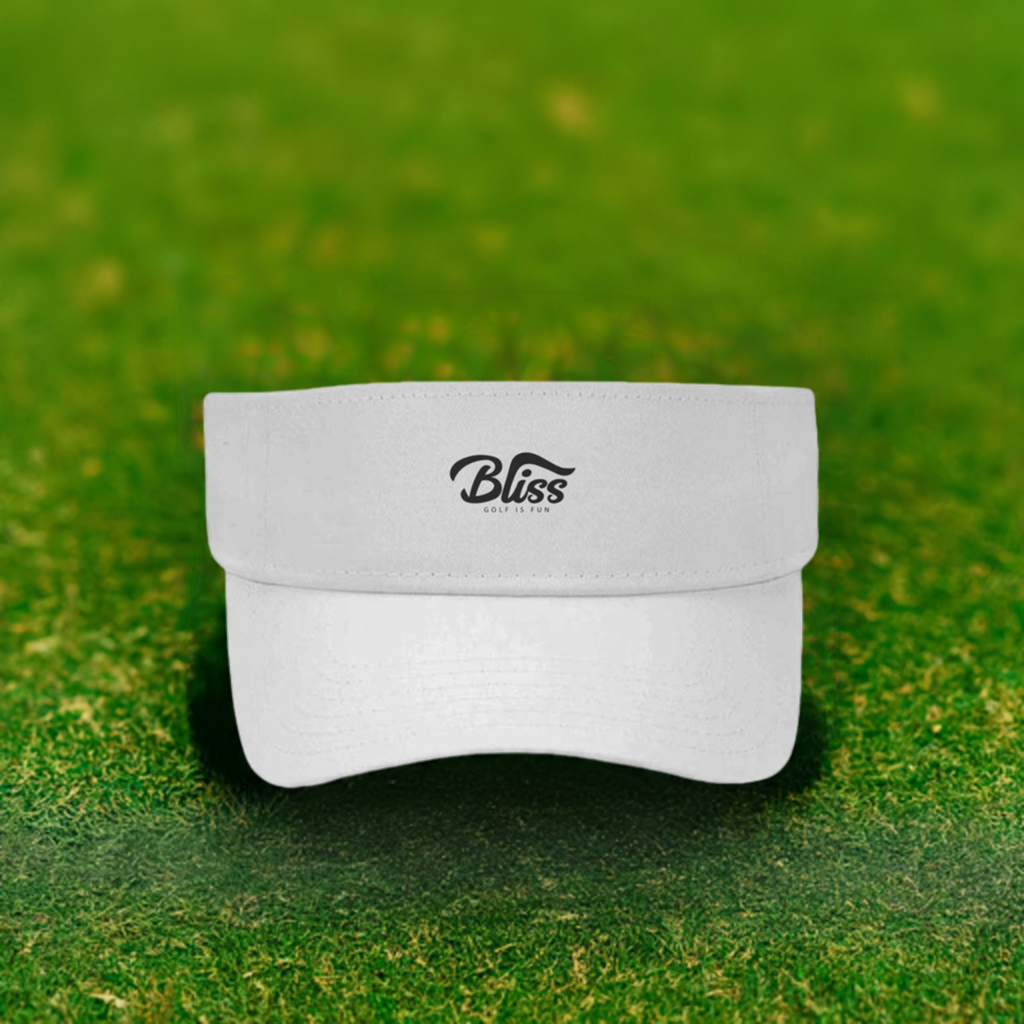
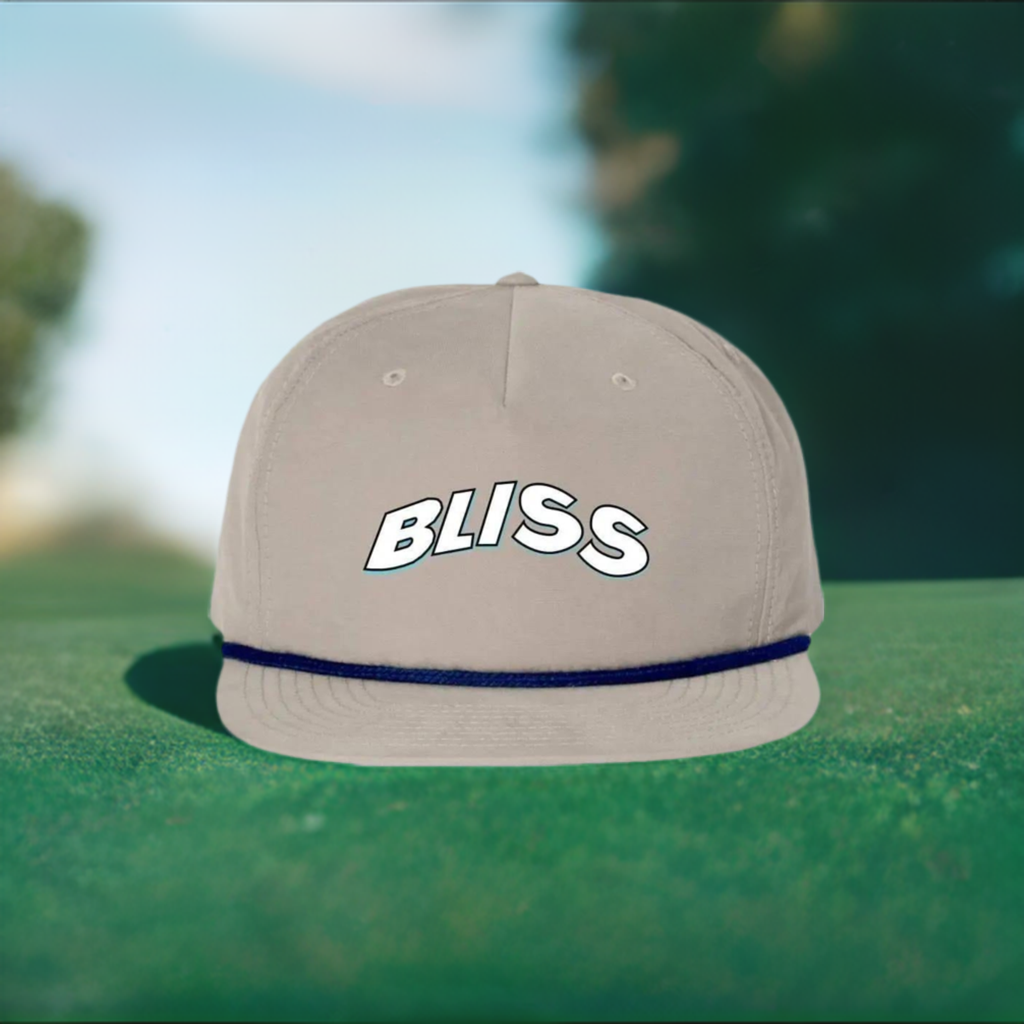
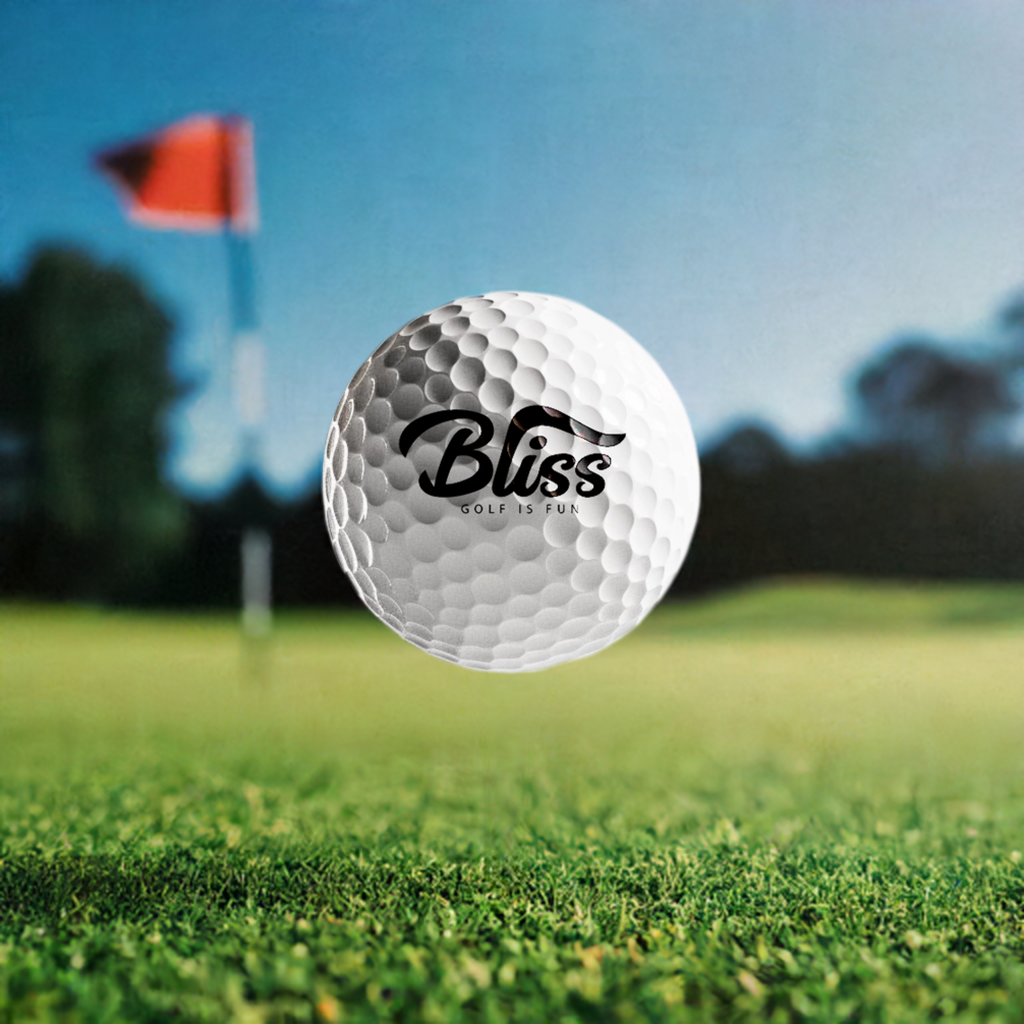
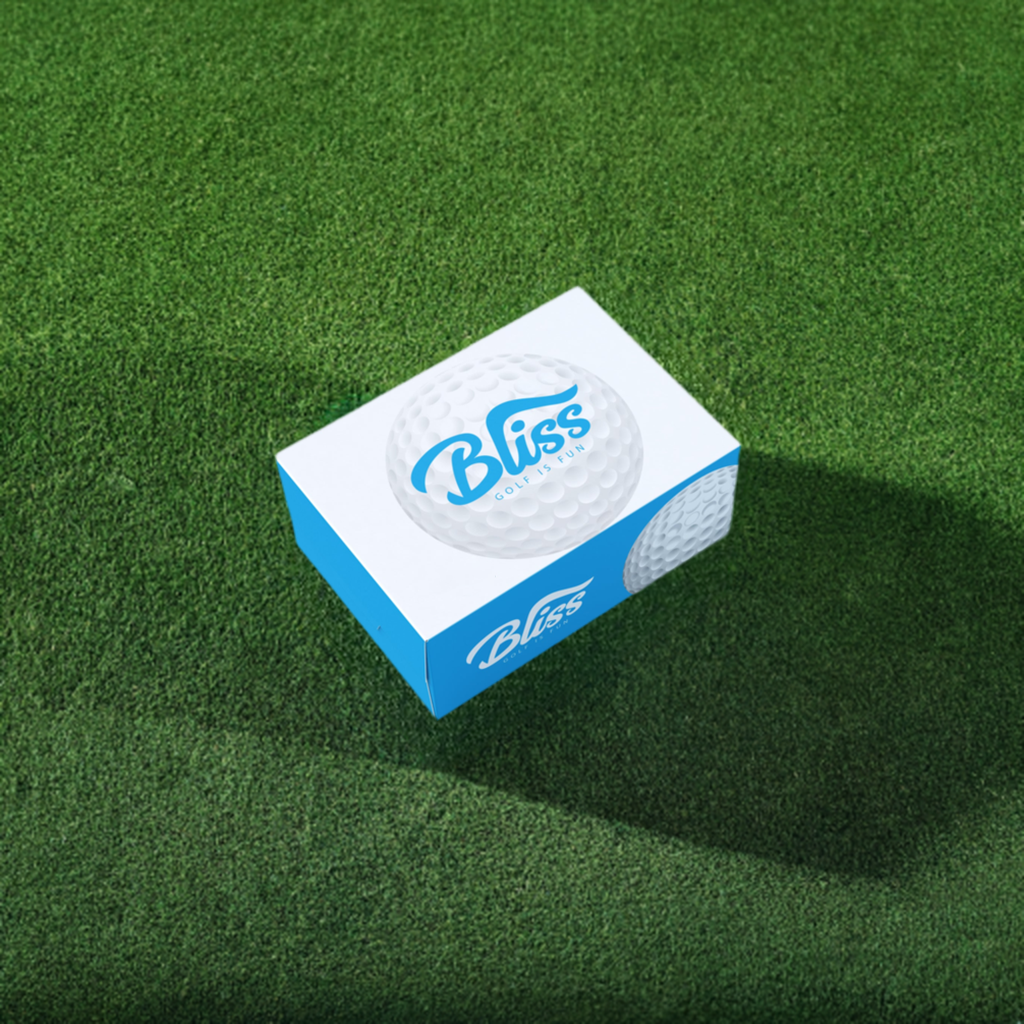
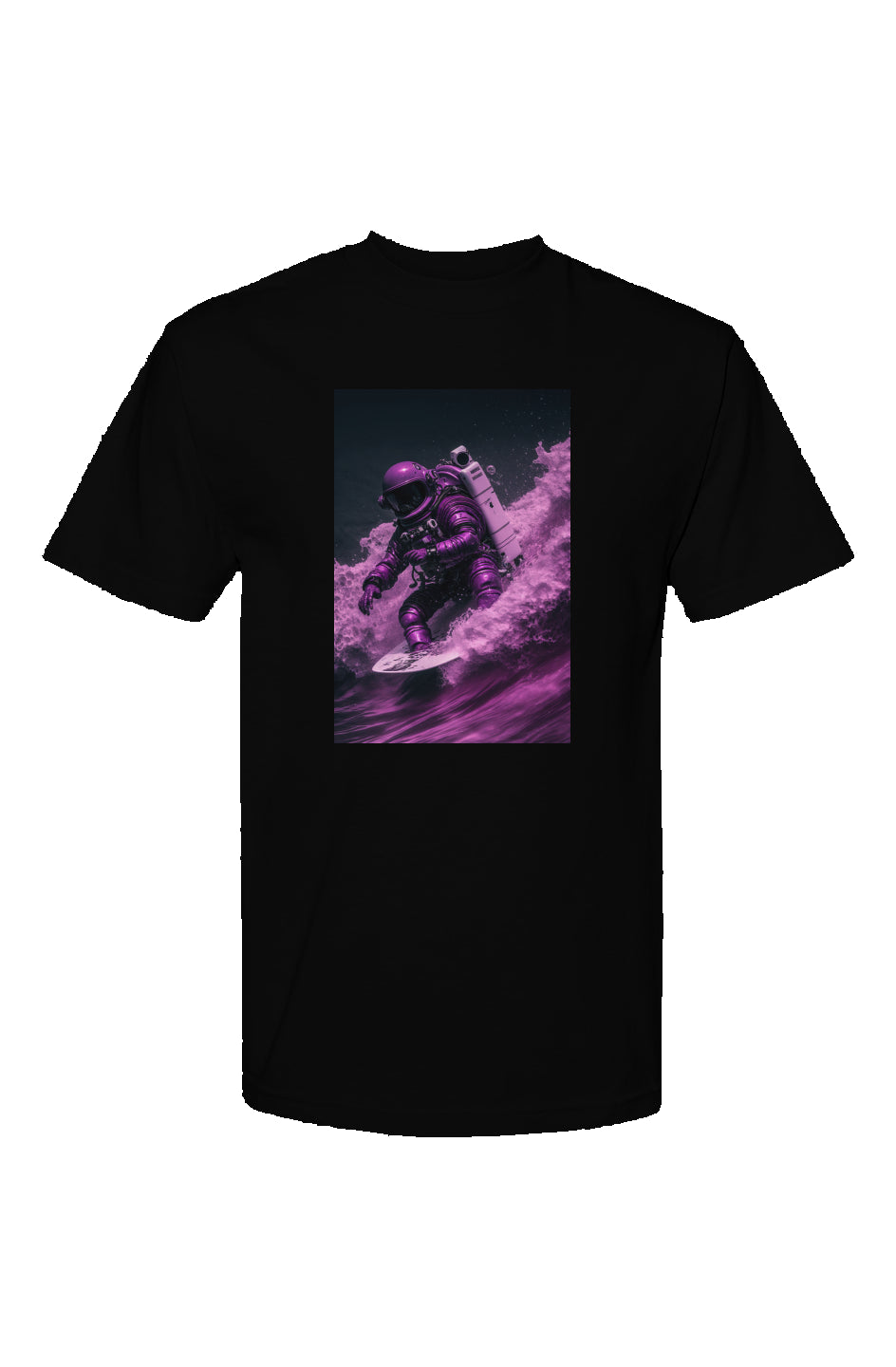
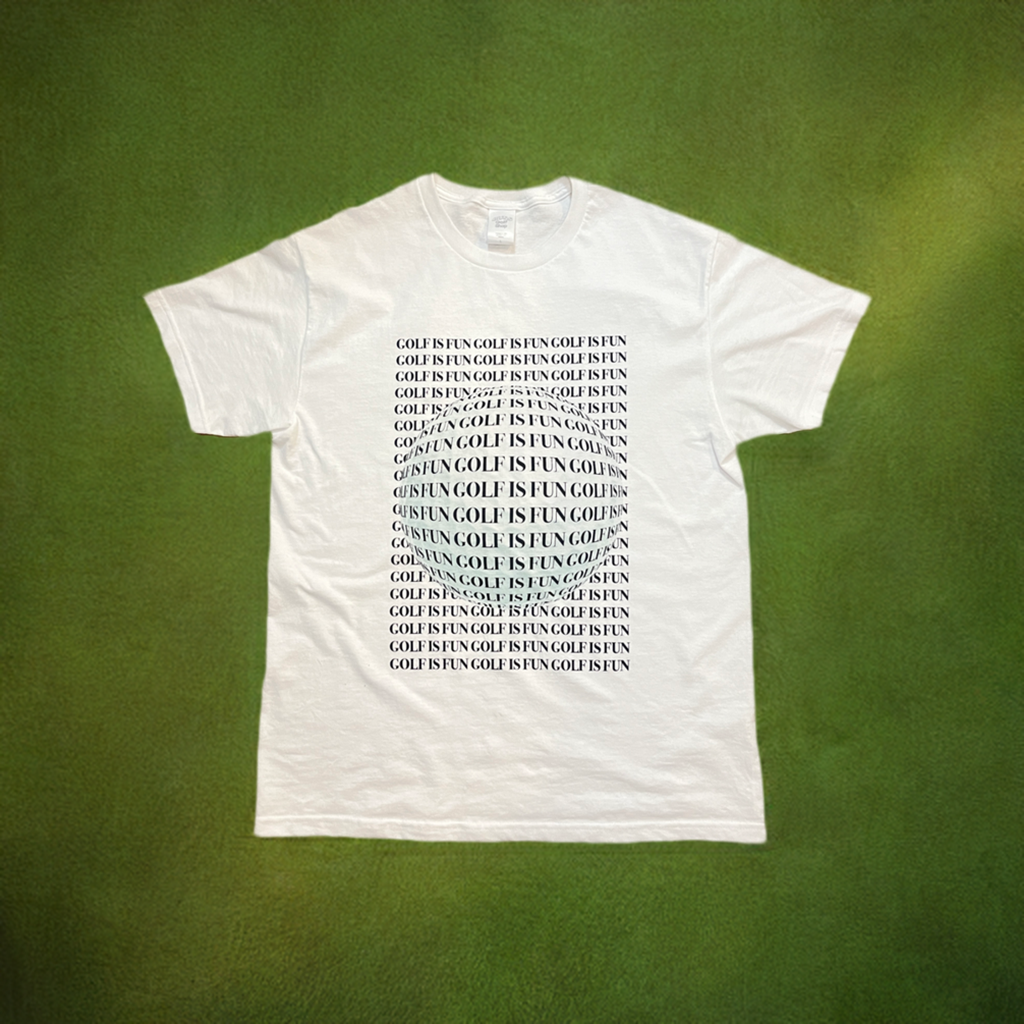
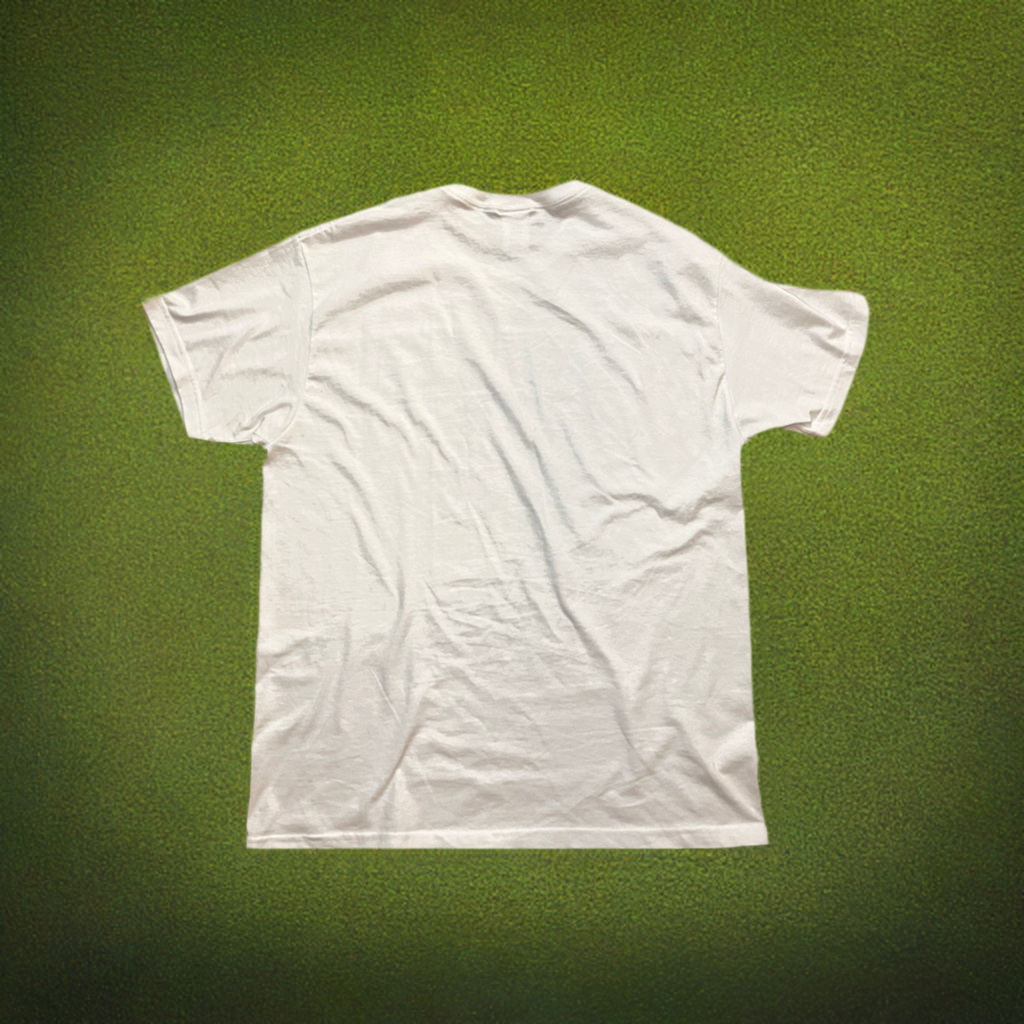
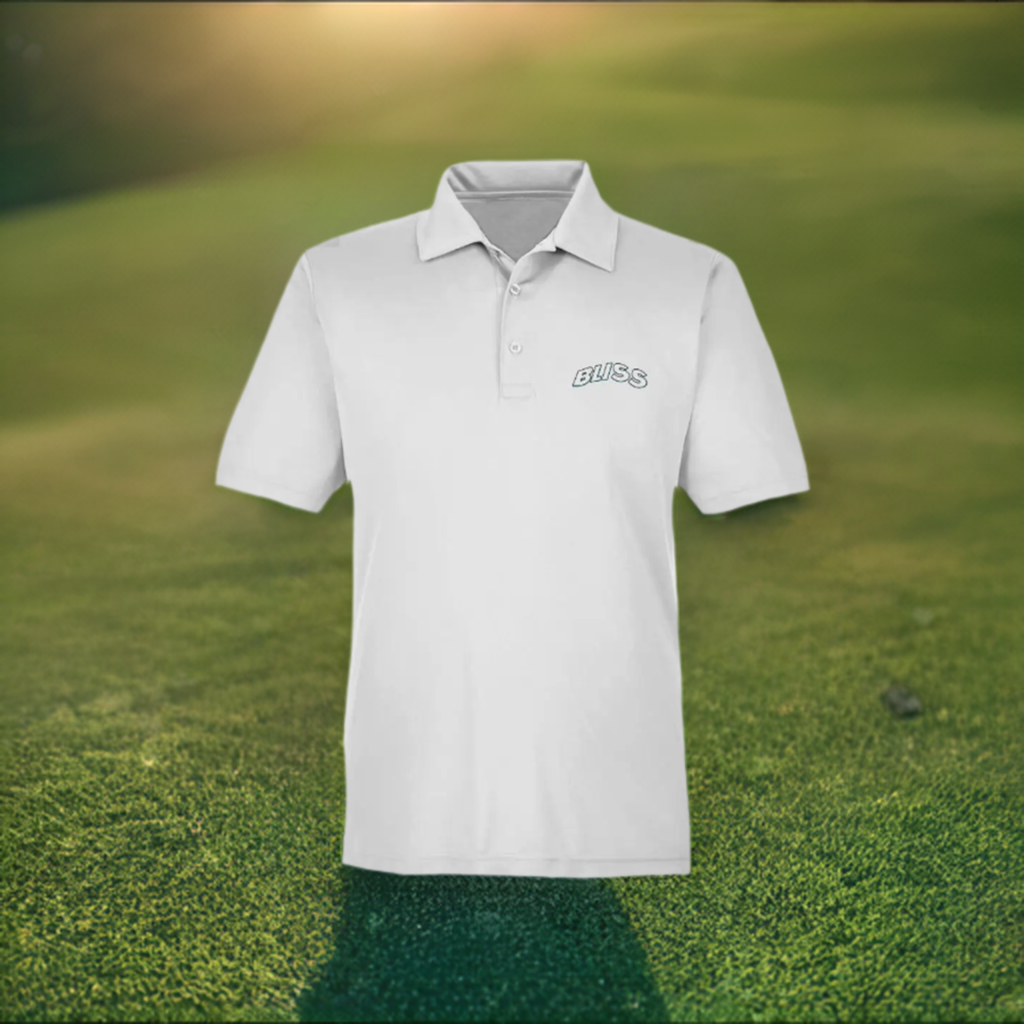
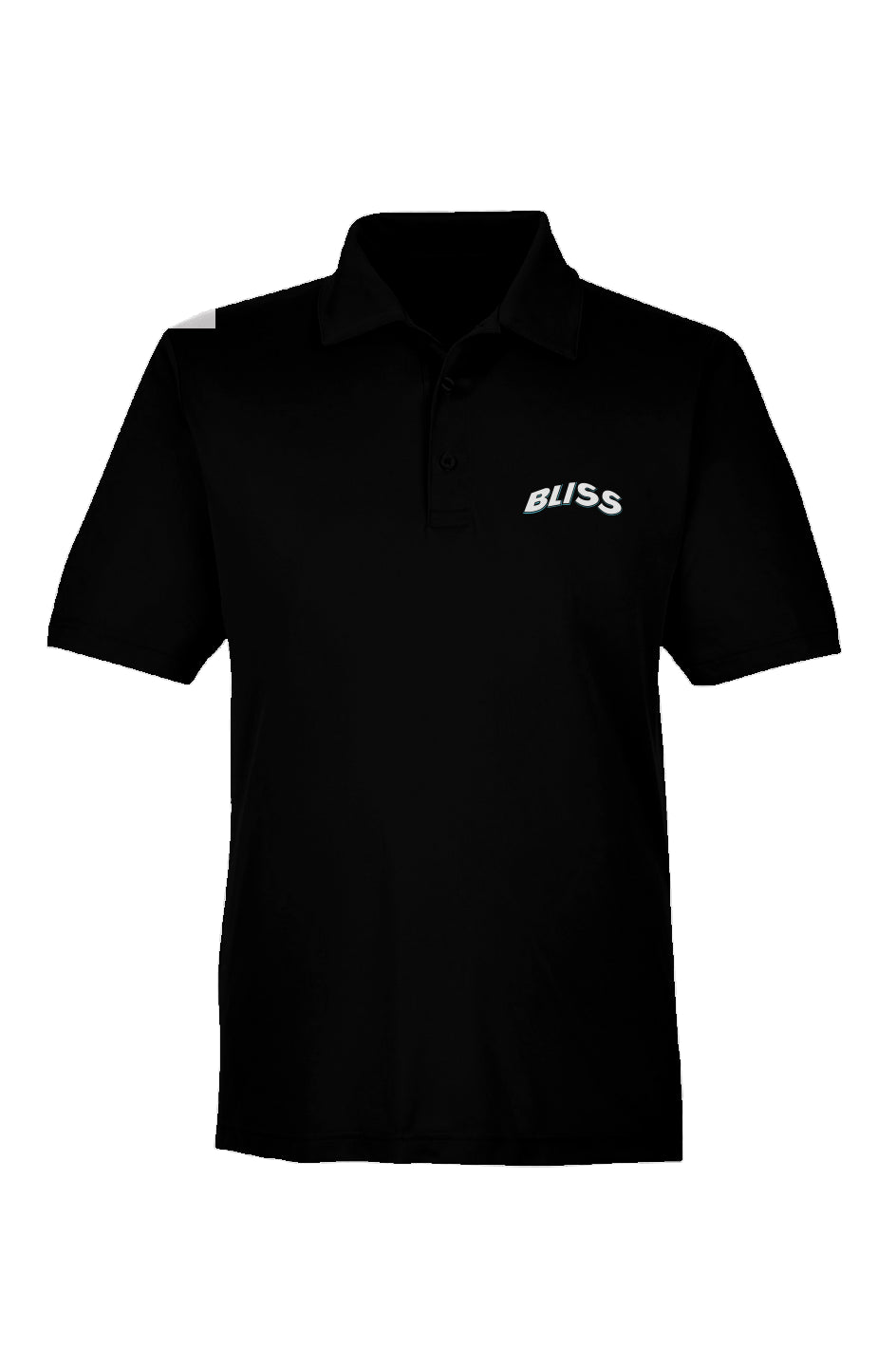
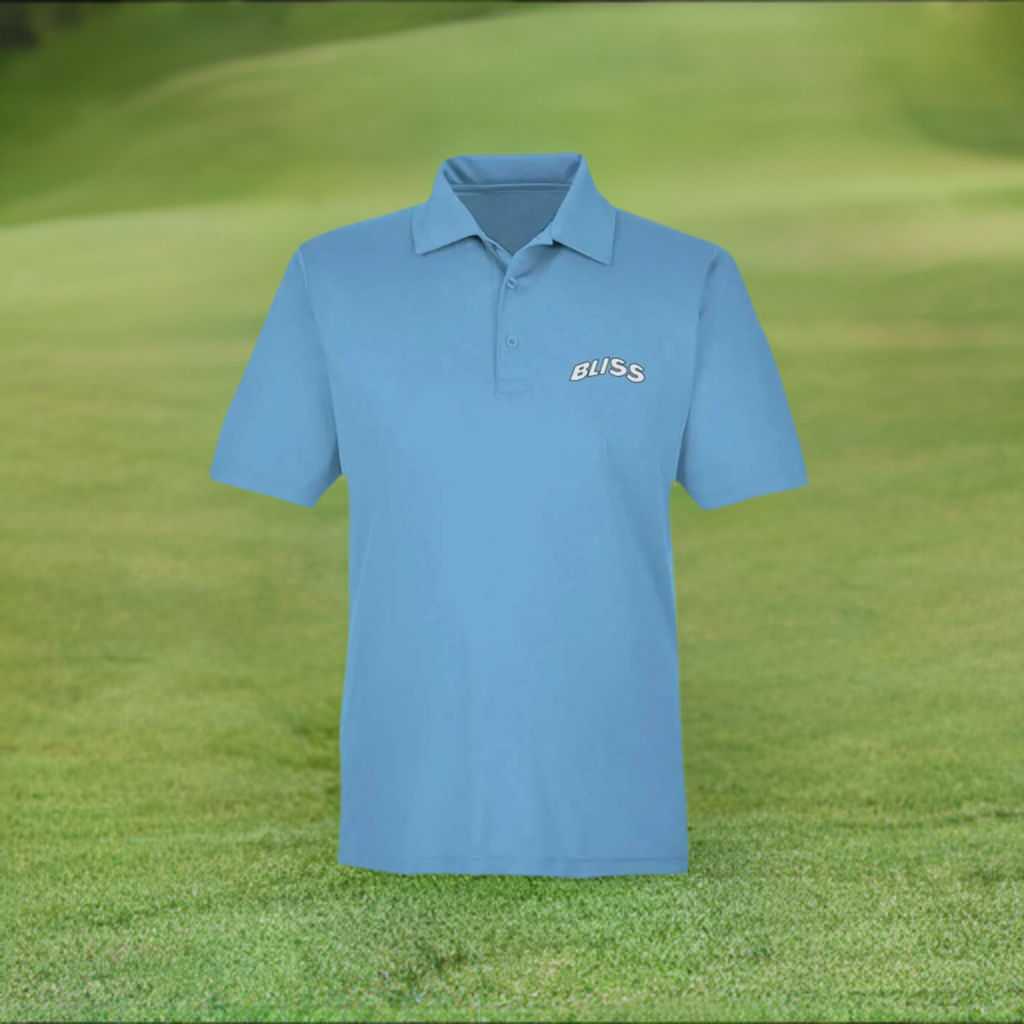
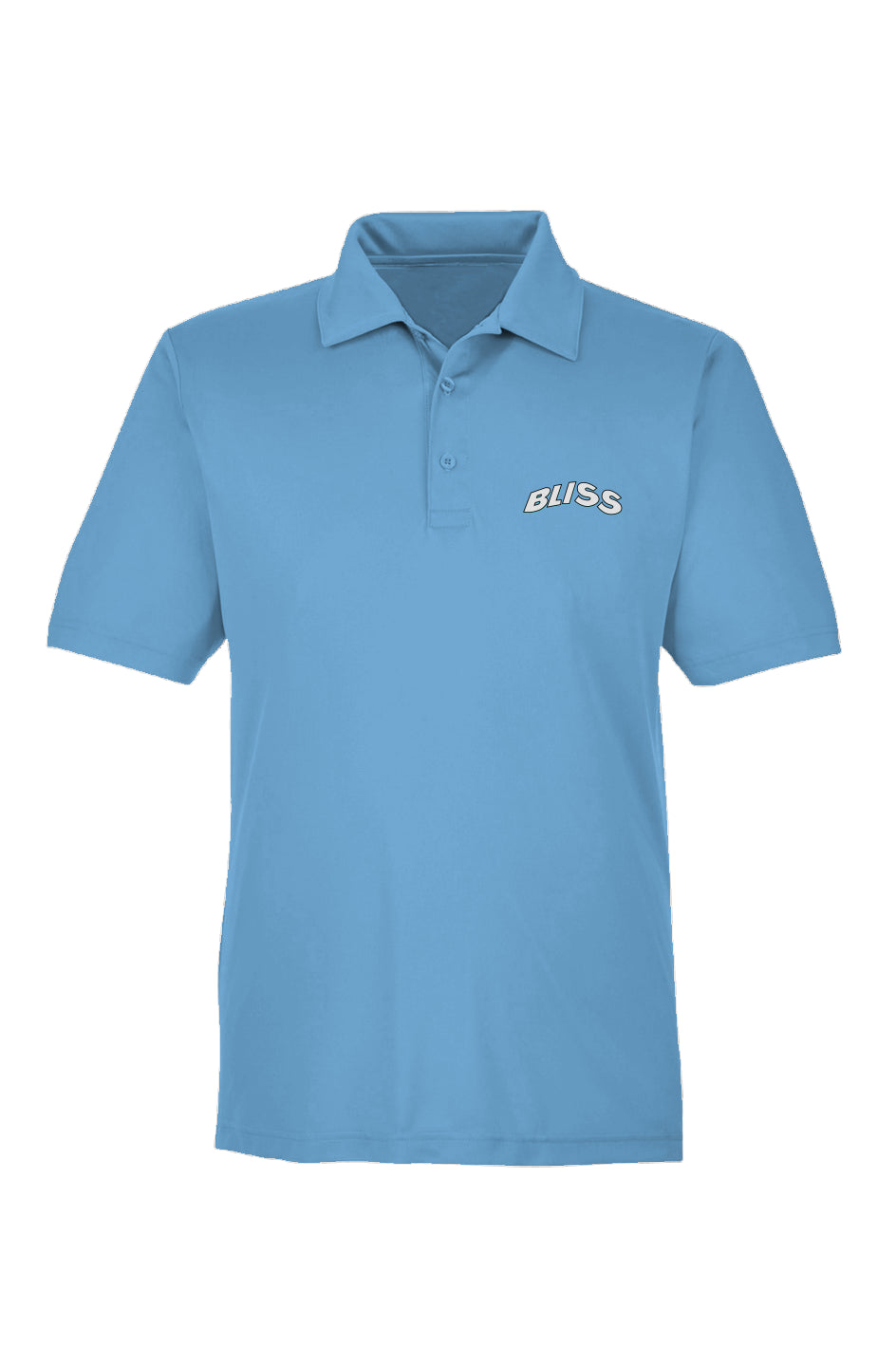
Leave a comment
This site is protected by hCaptcha and the hCaptcha Privacy Policy and Terms of Service apply.